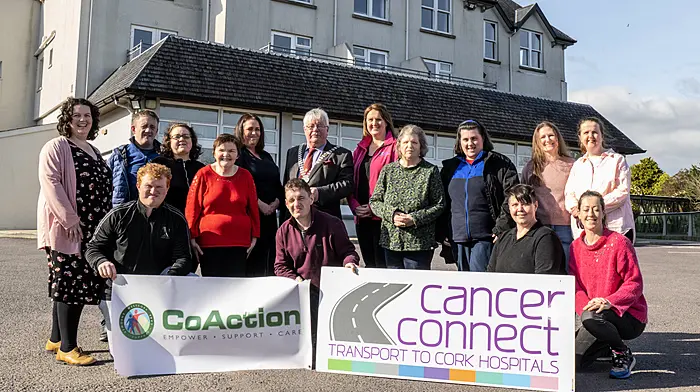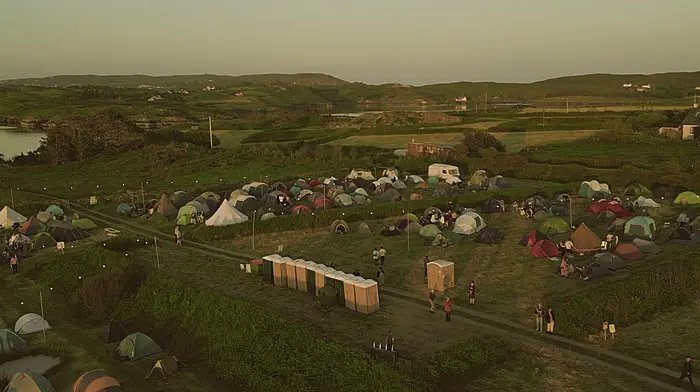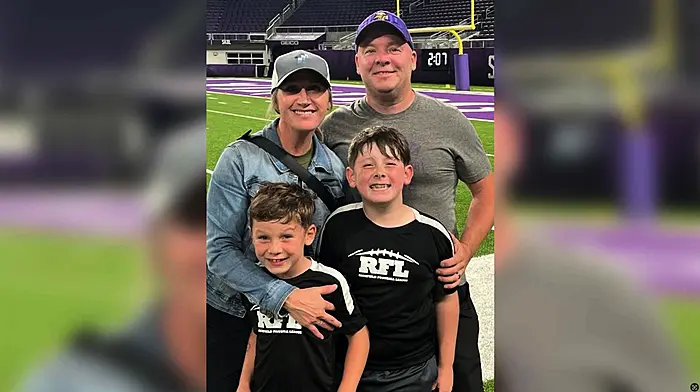WHEN a person dies, their property passes to their personal representative. The personal representative then distributes the deceased’s person’s assets (money, possessions and property) in accordance with the will –if there is one – or the laws of intestacy if there is no will. These assets are described as the deceased person’s estate.
If the person who has died has left a valid will, the personal representative will distribute the deceased person’s assets according to their wishes.
What happens to money in the bank, insurance policies and savings?
If money is held in the deceased person’s name only, then family members usually cannot get access until probate is granted to the personal representative. But if the amount in an account is small, the bank may release it to the personal representative or the next of kin.
If the bank account is in the joint names of the deceased and the deceased’s spouse or civil partner, the money can usually be transferred into the survivor’s name. You will need the death certificate to do this.
If the bank account is in the joint names of the deceased person and someone else, and the bank was given instructions when the account was opened that the other person was to receive the money on the death of the deceased, the money can be transferred into the survivor’s name.
If there is an account with more than €50,000, you will also need a letter of clearance from Revenue allowing the money to be transferred to the surviving account holder’s name pending investigations about CAT liability.
Spouses and civil partners are not liable for Capital Acquisitions Tax (CAT) on inheritances from each other.
Where the bank has no instructions, the intentions of the deceased person will have to be examined (for example, by referring to their will)
How are Credit Union accounts treated?
If the deceased person had a credit union account and completed a valid Nomination Form when opening the account, the money in the account – up to a maximum of €23,000 – goes to the person or persons nominated on the form.
Any remaining balance forms part of the deceased’s estate and is distributed in accordance with the will or succession law if there is no will.
What happens if the deceased person had an occupational or personal pension?
The rules governing occupational and personal pensions depend on the terms of the pension. If the deceased person was a member of a pension scheme, you should contact the scheme administrators to find out if there is a pension for the spouse, civil partner and/or children.
What is the legal right share which the spouse is entitled to receive?
If you have left a will, and your spouse or civil partner has never renounced or given up their rights to your estate, then they are entitled to a legal right share of your estate. This legal right share is:
• One-half of your estate if you do not have children
• One-third of your estate if you do have children
Your spouse/civil partner does not have to go to court to get this share, as your executor must give this share where applicable. If you leave a gift to your spouse or civil partner in your will, they can choose to accept the gift instead of their legal right share, or they can insist on their legal right share (the specific gift can form part of the legal right share, but if it is less then your spouse can request more from the estate).
Your executor must inform your spouse or civil partner in writing of their right to choose between these two options. Your spouse or civil partner must ask for their legal right share within 6 months of being notified, or within 12 months of the taking out of the Grant of Representation.
Are there situations where a legal right share does not apply?
Your spouse or civil partner can renounce (give up) their rights to the legal right share. This can be part of an agreement before marriage or civil partnership or the spouse or civil partner can give up their rights to benefit their children or other named beneficiaries.
If there is evidence of undue influence or evidence that the spouse or civil partner did not understand what they were doing, the renunciation may be challenged. It is normally advised that a spouse or civil partner get independent legal advice if renouncing their legal right share.
The legal right share can be lost where the spouse or civil partner is:
• Convicted of the murder, manslaughter or attempted murder of the deceased person
• Convicted of an offence against the deceased person or a child that carries a sentence of more than 2 years
What happens in cases of divorce, separation and desertion?
Separation agreements usually include a renunciation of both spouses’ or civil partner’s legal right share.
If you are divorced or your civil partnership was dissolved, you do not have to provide a legal right share.
If your spouse or civil partner deserted you for more than 2 years, they are not entitled to a legal right share unless they deserted you as a result of your behaviour (for example, domestic abuse).
Do cohabiting partners have any inheritance rights?
Partners, who live with each other but are not married or in a civil partnership, have no automatic legal right to each other’s estates, although under the redress scheme for cohabiting couples introduced by the Civil Partnership and Certain Rights and Obligations of Cohabitants Act 2010 a qualified cohabitant can apply for a share of the estate of a deceased cohabitant.
What happens when there is no will?
If you die without leaving a will, then your estate will be distributed in accordance with the law of succession. The order in which your estate is distributed in these cases is set out in the Succession Act 1965.
If you are survived by:
• A spouse or civil partner but no children (or grandchildren): your spouse or civil partner gets the entire estate.
• A spouse or civil partner and children: your spouse/civil partner gets two-thirds of your estate and the remaining one-third is divided equally among your children. If one of your children has died, that share goes to his/her children.
• Children, but no spouse or civil partner: your estate is divided equally among your children (or their children).
• Parents, but no spouse, civil partner or children: your estate is divided equally between your parents or given entirely to one parent if only one is living.
• Brothers and sisters only: your estate is shared equally among them, with the children of a deceased brother or sister taking his/her share.
• Nieces and nephews only: your estate is divided equally among those surviving.
• Other relatives only: your estate is divided equally between the nearest equal relations.
• No relatives: your estate goes to the State.
For further information call a member of the local Citizens Information Service in West Cork on 0818 07 8390. They will be happy to assist you and if necessary arrange an appointment for you. The offices are staffed from 10am-5pm from Monday to Thursday and on Friday from 10am-4pm.
Alternatively you can email [email protected] or log on to www.citizensinformation.ie









